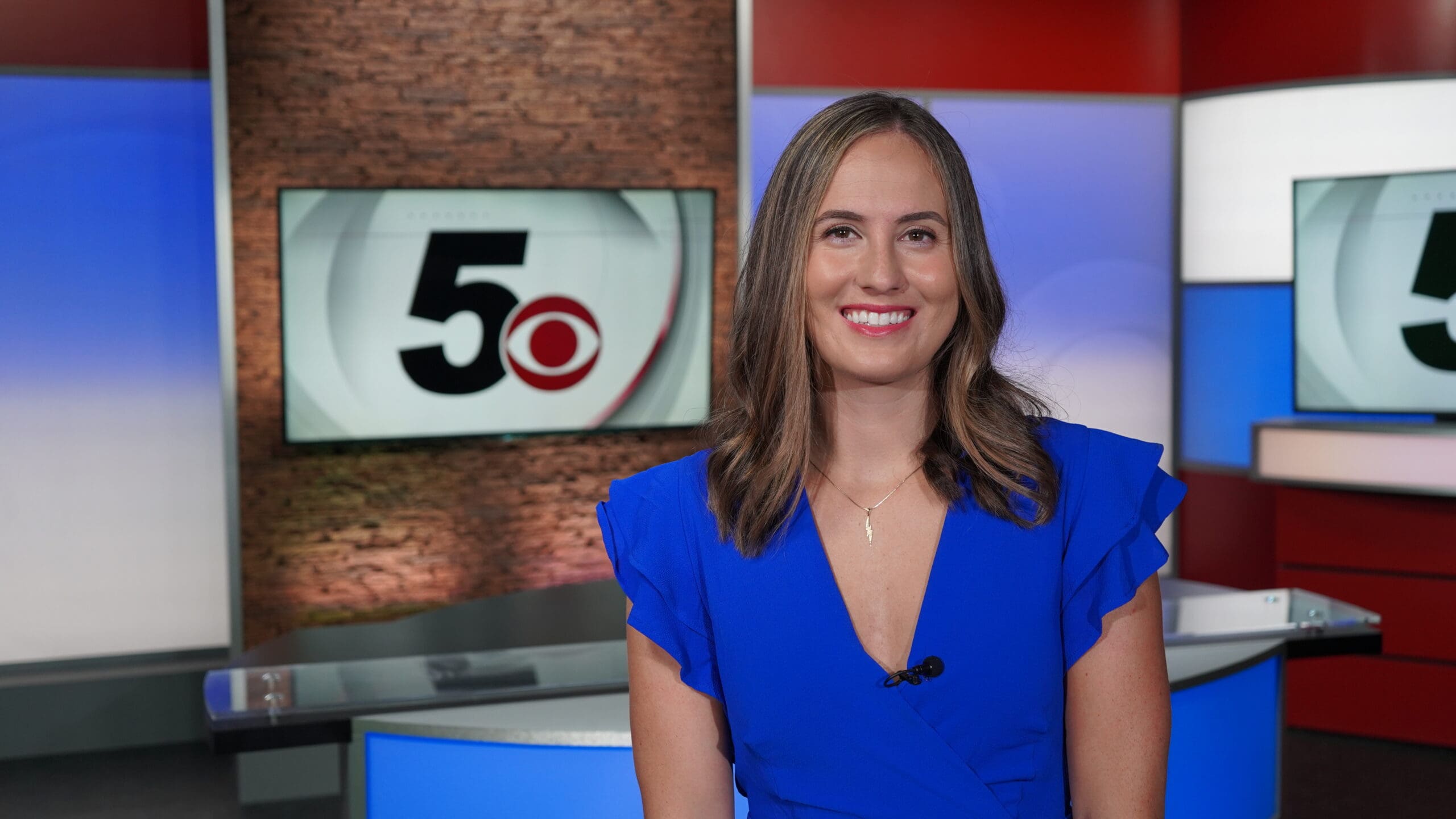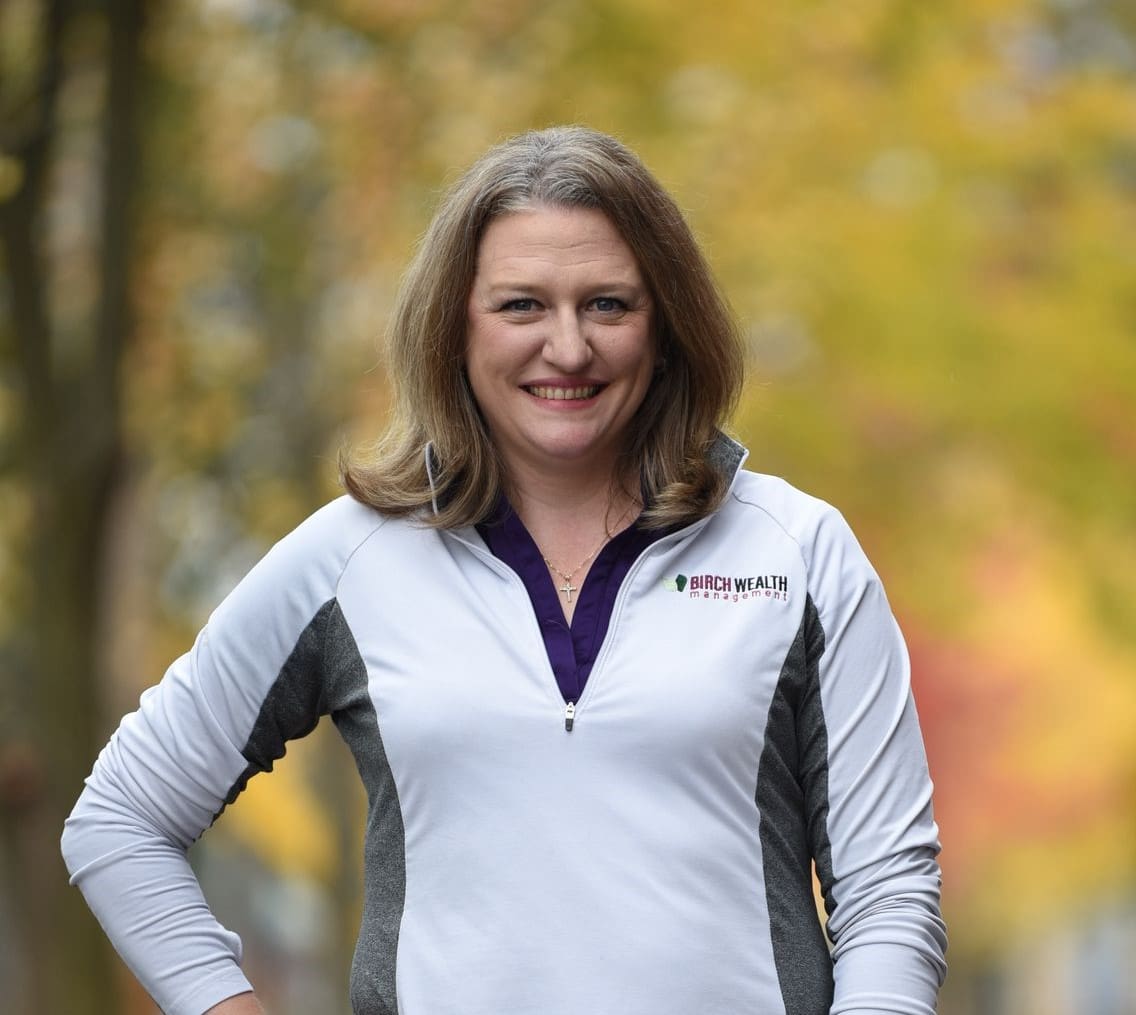By Jason Klaiber
Though she began participating in its activities later in life than most, Esther Dygert has since become a shining example of athleticism and heart within the Special Olympics organization.
A resident of Earlville, a village situated on the border of Madison and Chenango counties, Dygert is, like many in the New York State chapter, a multi-sport, year-round competitor.
Convinced to get involved in her mid-50s after conversing with a friend already in the fold, she debuted by trying her hand at snowshoeing about four years ago. From there, Dygert took a liking to volleyball, bowling and bocce, and just this summer, she added cycling to her list of sports—which she contemplates expanding even further to include swimming.
Nearing 60, Dygert shows no signs of slowing down and no intention of pursuing retirement; in fact, she credits her membership in Special Olympics as a contributor to the betterment of her overall health and the rechanneling of negative energy.
As someone who deals with anxiety and bouts of anger in addition to diabetes and emphysema, Dygert finds a certain comfort in her time-filling concentration on the competitive atmosphere, plus the physical exertion itself is tied to gradual weight loss and the on-the-spot release of mood-boosting neurotransmitters.
“Esther is a great example of who we are, what people want in their lives and someone who is taking advantage of what there is to offer,” said Stacey Hengsterman, the president and chief executive officer of Special Olympics New York. “To hear that she has found so much joy with our organization at this time in her life is exactly what we want to hear.”
According to her coach, Margaret Kuhn, Dygert displays a combination of endurance and enthusiasm no matter the sport.
On the YMCA volleyball court in the spring months, Dygert is known to dive onto the floor to keep a rally going. In the wintertime, she trudges through the snow, the cold and tiredness with her enlarged footwear.
“She’ll go all out,” Kuhn said. “If she falls, she gets back up.”

Like anyone, though, she’s prone to frustration every once in a while if she misses a spike or rolls a gutterball, but she chooses to walk it off for a second or two, calm herself and quickly regain focus.
That dedicated approach of hers, Kuhn says, is matched with a youthful attitude and a caring personality.
“She looks out for people and would not have a problem telling somebody if they did something out of line to her friends,” Kuhn said.
At times a shoulder to lean on in the midst of bad days and a helping hand if anyone needs a ride to an event, Kuhn refers to her volunteer role coaching Dygert and about 75 other athletes as a “rewarding” follow-up to teaching business and computer science classes in the Adirondack Central School District.
“It’s a good family,” she said of her Central New York squad. “We’re all there for each other.”
Kuhn said that even among opposing teams the Special Olympics athletic matches end with high fives all around, and nobody goes away accusing anyone of cheating.
Hengsterman said the impact of the organization lies in that always-apparent level of sportsmanship and the social inclusion its activities promote for people with intellectual and physical differences.
With the limitations on gathering during the height of COVID, however, a large number of Special Olympians had trouble finding a proper outlet to serve as a placeholder.
Dygert said she grew bored and slightly discouraged during that stretch of time when gyms were closed, quarantining was mandated, and full-capacity activities were put on hold.
“It’s a lot better being back because I like keeping busy,” she said.
In the meantime, biweekly Zoom meetings were set up regionally so that Special Olympics coaches could touch base with the athletes and see how they had been getting by day to day. Along with that, the coaches assigned a series of at-home challenges, such as football tosses through a tire goal and timed sprints from one traffic cone to another.
Apart from her participation in Special Olympics, Dygert pushes through with her disabilities by learning the self-defense techniques of karate at an Oneida martial arts school. Additionally, she serves on the 18-person board for the Madison County Motivators self-advocacy group and works as a cleaner at a Price Chopper grocery store in Hamilton.
One of the top three largest Special Olympics programs in the country, this state’s chapter serves more than 31,000 athletes across the Capital, Central New York, Genesee, Hudson Valley, Long Island, New York City, North Country, Southern Tier and Western New York regions.
Hengsterman, who has been president of the New York chapter for four years, said a major goal is to expand to 71,000 athletes by 2025.
As was the case in 2022, the State Winter Games will be held again in Syracuse in late February of 2023. Facilities are set to include the OnCenter and Greek Peak, and about 1,000 athletes who excel at their local levels will make their way into town.
Throughout the year, the organization covers travel expenses for all athletes and provides training space, equipment and uniforms at no charge.






You must be logged in to post a comment.